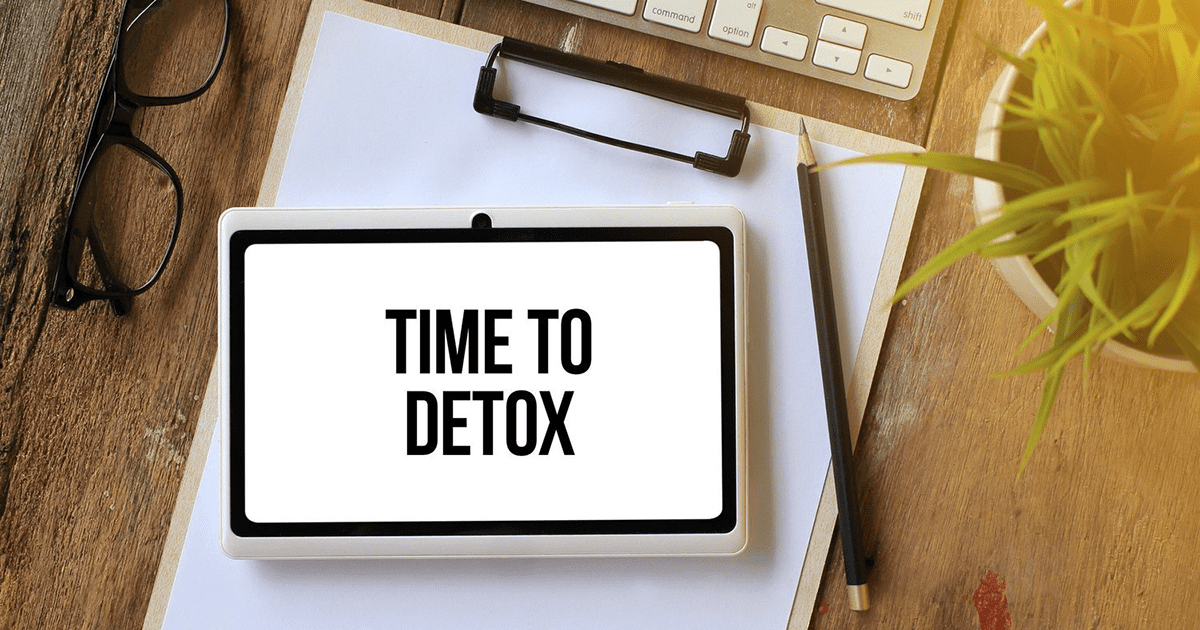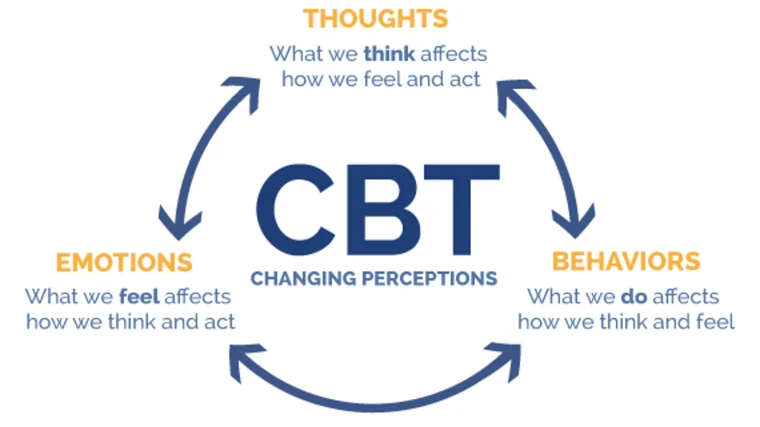Alcohol addiction is one of the most common and dangerous addictions in the world. It is easy to get addicted to alcohol as it is easily available everywhere. If you or your friend is looking for an alcohol-free life, kindly read this. Contrary to popular belief, coming out of alcohol addiction is easy. With a lot of treatments available, from detox to residential rehabilitation, you can get rid of all the alcohol-traces in your body in no time at all.
Category: Recovery
Heroin: An Element of Death
Heroin is a poison that is procured from morphine. It was originally created in 1874 by the pharmacist C. R. Alder Wright and was used to help ease relief for those who are in pain or had difficulty sleeping. Heroin is classified as an opiate, which means it may have effects similar to morphine or codeine because it contains molecules that bind to molecules found on cells throughout the body called opioid receptors, which can create feelings of pleasure and relaxation
How Digital Detox Helps in Recovery from Addiction
Addiction could be caused by a number of factors like personal trauma, physical problems, low self-esteem, depression, and many more. If you or anyone you know is recovering from addiction, it is important to know about digital detox.
How Cognitive Behavioral Therapy Helps in Treating Addiction & Prevents Relapse
As the name implies, the treatment involves understanding and analyzing the behavioral patterns that are associated with addiction. For a starter, it involves observing the external and internal stimuli that are driving you towards the consumption of alcohol or any other drugs.
4 Signs that You Should Sign up for Outpatient Alcohol Rehab
Do you seem to enjoy alcohol a little more than usual? You could be suffering from borderline addiction. It is a dangerous condition that could blow over the boundary at any time. If you are not careful, you could fall into the deep trap of alcoholism and lead your life down the path of addiction.
Find the Best Alcohol Rehab in Austin
Alcohol addiction is one of the most common addictions in the world. If you are wondering how to get out of this destructive behavior then you are also a part of the large majority of Americans who are trying to make their lives better. There is good news for you.
Some Quotes To Ponder During Recovery
Addiction is a chronic degenerative disease caused by sustained use of a substance, which often contains psychoactive elements. Addiction is a misunderstood disease because during the United States’ 50-year War on Drugs, first started by President Nixon in 1971, a misconception about the nature of addiction has spread. This misconception places the blame of the […]
What is High-Functioning Alcoholism? Signs, Symptoms, and Treatment Options
Take a moment to consider what comes to mind when you think of a stereotypical alcoholic: Is it someone who constantly drinks entirely too much to the point of appearing disheveled or not entirely put together, slurs their words, causes embarrassing scenes during social functions or family events, and whose life is generally falling apart […]
Celebrate Pride Month With These Sober Activities in Austin
‘The Live Music Capital of the World’ Has a Place For Everyone Austin is known for its beautiful location in the Texas Hill Country, laid-back atmosphere, and welcoming LGBTQ environment, and is often referred to as ‘The Live Music Capital of the World’ for good reason: the city is home to more than 250 venues […]
The Healing Benefits of Music Therapy in Addiction Recovery
Music therapy, also known as Music Assisted Therapy or MAT, is a form of expressive art therapy that is often used in addiction recovery treatment programs to encourage those suffering from substance abuse disorder (SUD) to come to terms with the underlying issues that may have contributed to their addiction and to provide a constructive […]











